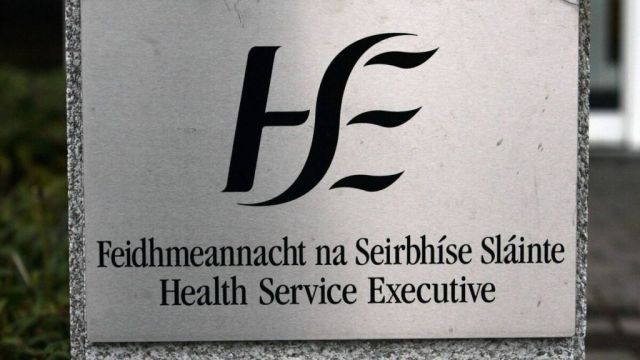The number of children with a suspected disability seeking an assessment of need jumped by 25 per cent last year to reach its highest ever level at 8,472.
The latest annual report by the HSE on the number of applications for an assessment of need, which is a legal entitlement under the Disability Act 2005, revealed almost 1,700 more children were waiting to be assessed in 2023 than in the previous year.
The HSE said last year’s total of applications for an assessment of need (AON) had reached record levels since the related part of the legislation was commenced in June 2007.
At the end of 2023, however, just 13 per cent of assessments were completed within the statutory timeframe of six months from the date the application was received.
The compliance rate ranged from as low of 0.4 per cent in the HSE area covering Kildare, west Wicklow and south and west Dublin with just two out of 478 assessments being completed on time to a high of 30 per cent in the area covering south Tipperary, Carlow, Kilkenny, Waterford and Wexford.
A total of 3,205 assessment reports were completed last year with 2,356 children (74 per cent of all cases) being deemed to have a learning disability.
The average duration of the assessment process for applicants was approximately 20.5 months.
Half of all applications for an AON last year related to children of five years and under.
More than a third of all cases were considered to have autism spectrum disorder.
Occupational therapy was the most common service requirement identified last year with it applying to 70 per cent of cases, followed by speech and language therapy (62 per cent) and psychology (57 per cent).
The HSE said the significant increase in the number of children needing an assessment was “a reflection of the increase in population and of families exploring all options for accessing services for their child.”
“Waiting lists are growing as demand outstrips system capacity,” the HSE added.
It also claimed that many people had mistakenly come to regard the AON as “a potential shortcut to services.”
The HSE said there was anecdotal evidence to suggest that the longer the wait time for intervention and therapeutic supports, the higher the number of families applying for AONs.
However, the HSE pointed out that an AON is not required to access any health and social care service including disability services or primary care.
It also stressed that an AON does not expedite access to such services as well as not being required for education supports.
The HSE stated that there is no requirement for a diagnosis to access support from a special education teacher or a special needs assistant.
However, it noted that it is required for gaining access to a special class or special school.
The report, which is submitted to the Minister of State for Disability, Anne Rabbitte, acknowledged that the HSE decision in January 2020 to implement a standard operating procedure for the AON process using a Preliminary Team Assessment (PTA), had been controversial.
Three representative bodies of professions working in the sector – the Association of Occupational Therapists of Ireland, the Psychological Society of Ireland and the Irish Association of Speech & Language Therapists, claimed at the time that the PTA as “not fit for purpose/”
The three groups claimed most PTA screenings indicated the child required a comprehensive assessment which results in them being placed on another waiting list for further assessments for which they were no statutory timeframes for their completion.
The HSE stated that the PTA approach was not developed to prevent or reduce children’s access to their legal entitlements but rather “to ensure that available resources are being used in the most effective way.”
It observed that both it and the trade union, Fórsa, had sought legal advice which concluded that the standard operating procedure and the PTA format complied with the requirements of the legislation.
However, a High Court ruling issued in March 2022 found that the PTA approach did not meet the requirements of the Disability Act.
The HSE said the judgement effectively required it to deliver diagnostic assessments where necessary and appropriate as part of the AON process.
It claimed the ruling has had a significant impact on the HSE operationally and has resulted in a growth in the number of children overdue an AON.
The HSE has estimated that approximately 5,000 PTAs have yet to be reassessed.
Around €11 million was allocated last year to address waiting lists for clinical assessments through the AON process with the funding being used to procure diagnostic ASD assessments from the private sector.







